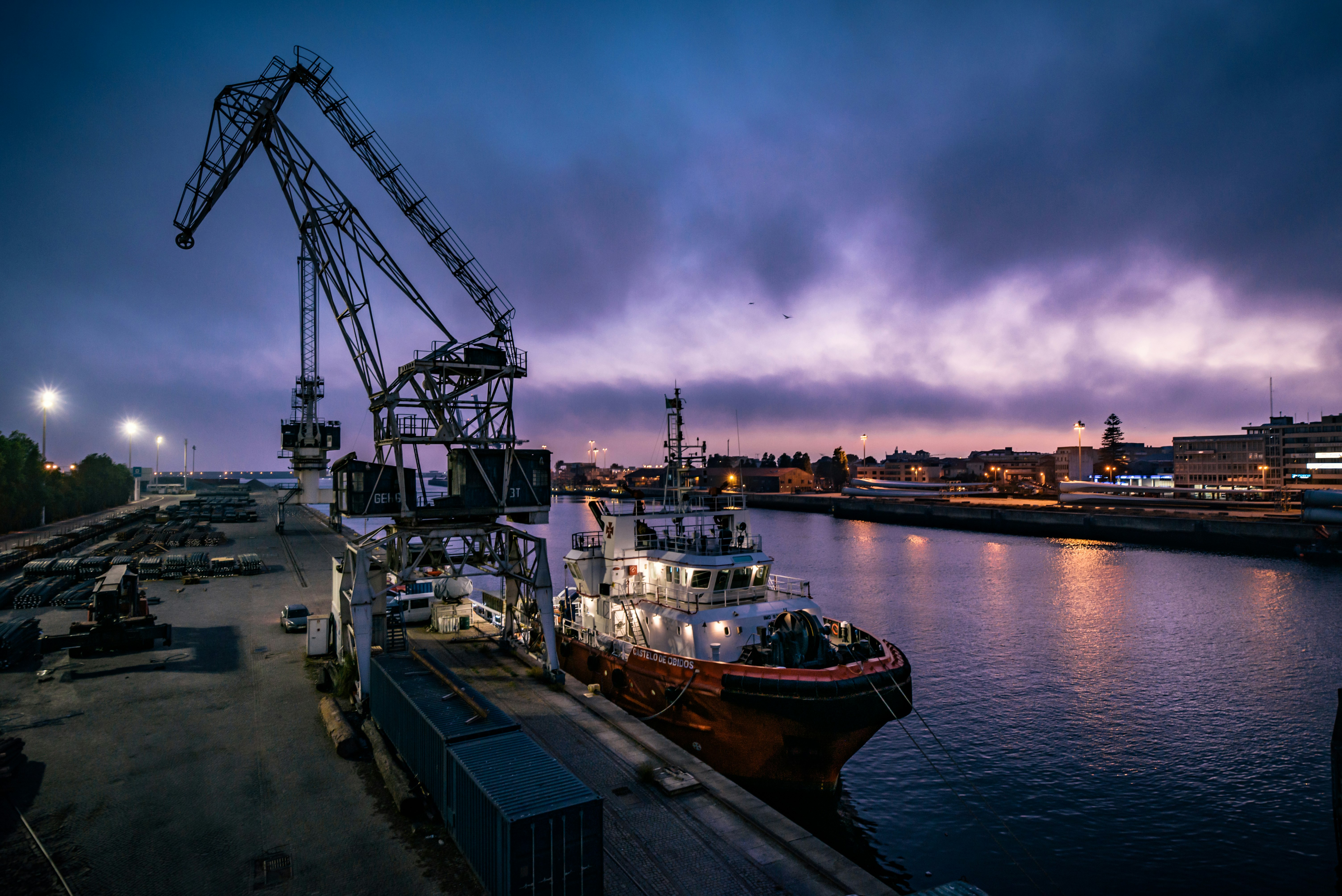- Logistics will be driven by e-commerce.
Industrial logistics has been one of the most resilient sectors amid the coronavirus pandemic, that led to the rise in eCommerce demand. With the pandemic, the eCommerce grew to 44% in Q2 of 2020 from just 14% in Q1. With this rising demand, pressure has been on the retailers, wholesalers, and logistics companies to find ways to fulfill the customers' demand while ensuring the cost of operations is as low as possible. Heading toward 2021, this will continue being the trend because many transactions are going online. According to CBRE Research, there will be a high demand for warehouse space in the next year, something that is already at record levels.
- Inventory control to be a major concern
As the demand increase, inventory control will be the main focus for logistics companies as it would be for store owners, wholesalers, and retailers. The inventories will be increased from the current 15 days to as high as 60 days to avoid disruption similar to those experienced this year. Companies might be forced to have stores near the customers to make fulfillment faster as they will be under pressure from the consumers to deliver items as fast as possible. The competition will also be increasing, and demand will mainly be based on the delivery of items.
- Blockchain will be a game-changer
Security and transparency in logistics have always been the areas of concern for many organizations and customers. This is where blockchain comes into play. This decentralized technology eases the supply chain management by cutting out intermediaries, allowing the logistics companies to reach customers directly without using a third party. Blockchain also helps in the distribution of digital data with the utmost transparency. With this technology, vendors, shipping companies, logistics operators, and customers can collaborate using one platform. All data or information that they exchange is stored in one location in the form of blocks. The data is kept secure with encryption and timestamps, that link new information to the existing ones in an existing chain. Besides the security offered and reduction of fraud, blockchain also offers speed of transactions and transparency. It also reduces paperwork, that is a characteristic of logistics currently. From now on, the supply chain will be based on modern tech platforms such as blockchain to enhance transparency, cost, security, and speed of transactions.
- AI and Machine learning will be critical.
Artificial intelligence and machine learning have brought various new processes to the supply chain and logistics. For instance, large scale automation is becoming implemented more than before in many areas to enhance efficiency and reduce operations costs. With machine learning, things such as reading, identifying, and replicating complex content that emerge in daily operations can be automated. Rather than having hundreds of employees doing repetitive tasks, automation will be embraced by supply chain and logistics companies to minimize time spent, enhance efficiency, and cut the general cost of operations. By using AI, there is the likelihood of increased productivity, easy supplier selection process, and improved customer experience. With 2021 coming, businesses will require AI and machine learning platforms to automate processes such as customer support through things such as chatbots and assistants.





